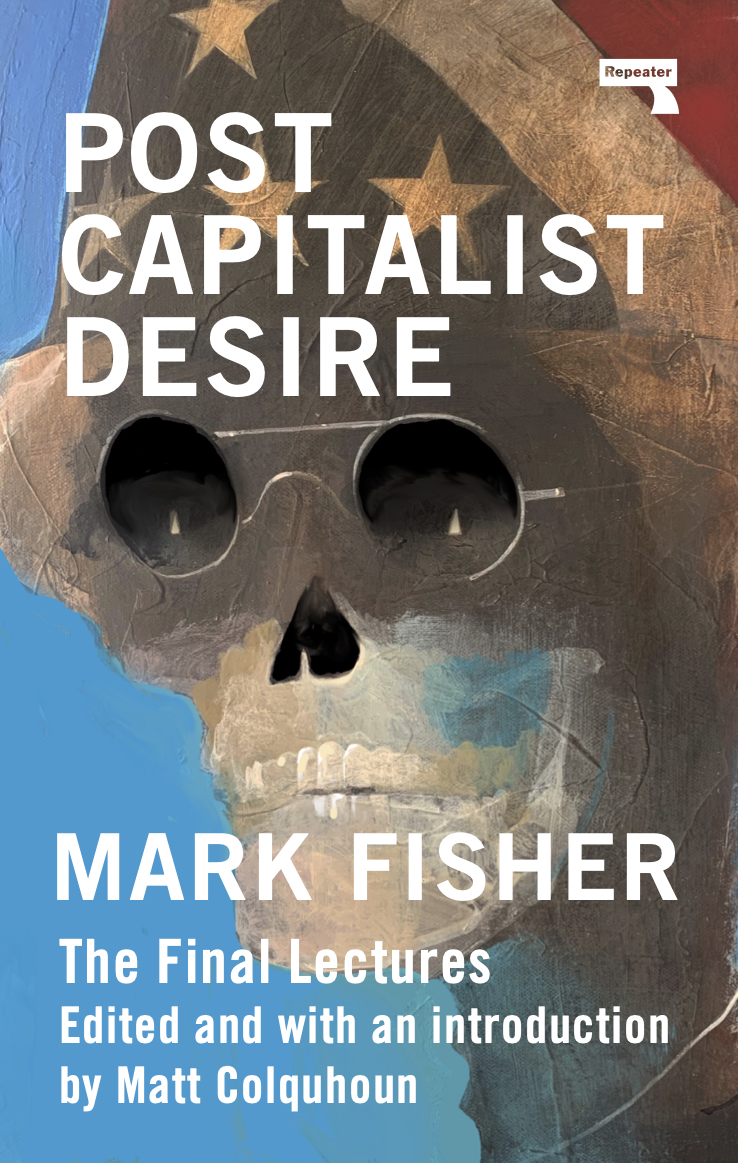Precarity Lab: Technoprecarious (2020)
Filed under book | Tags: · care, class, gig economy, labour, precarity, technology, work

“An analysis that traces the role of digital technology in multiplying precarity.
Technoprecarious advances a new analytic for tracing how precarity unfolds across disparate geographical sites and cultural practices in the digital age. Digital technologies—whether apps like Uber, built on flexible labor, or platforms like Airbnb that shift accountability to users—have assisted in consolidating the wealth and influence of a small number of players. These platforms have also exacerbated increasingly insecure conditions of work and life for racial, ethnic, and sexual minorities; women; indigenous people; migrants; and peoples in the global south. At the same time, precarity has become increasingly generalized, expanding to include even the creative class and digital producers themselves.
This collaboratively authored multigraph analyzes the role of digital technology in multiplying precarity. The authors use the term precarity to characterize those populations disproportionately affected by the forms of inequality and insecurity that digital technologies have generated despite the new affordances and possibilities they offer. The book maps a broad range of digital precarity—from the placement of Palestinian Internet cables to the manufacture of electronics by Navajo women and from the production and deployment of drones on the U.S.–Mexico border to the technocultural productions of Chinese makers. This project contributes to, and helps bridge, ongoing debates on precarity and digital networks in the fields of critical computing, postcolonial studies, visual culture, and information sciences.”
Publisher Goldsmiths Press, London, November 2020
Creative Commons BY-NC-ND 4.0 International License
ISBN 9781912685981, 1912685981
xi+113 pages
Mark Fisher: Postcapitalist Desire: The Final Lectures (2020)
Filed under book | Tags: · accelerationism, capitalism, class, counterculture, desire, marxism, postcapitalism, theory

“This collection of lecture notes and transcriptions reveals acclaimed writer and blogger Mark Fisher in his element — the classroom — outlining a project that Fisher’s death left unfinished.
Beginning with that most fundamental of questions — “Do we really want what we say we want?” — Fisher explores the relationship between desire and capitalism, and wonders what new forms of desire we might still excavate from the past, present, and future. From the emergence and failure of the counterculture in the 1970s to the continued development of his left-accelerationist line of thinking, this volume charts a tragically interrupted course for thinking about the raising of a new kind of consciousness, and the cultural and political implications of doing so.
For Fisher, this process of consciousness raising was always, fundamentally, psychedelic — just not in the way that we might think.”
Edited and with an introduction by Matt Colquhoun
Publisher Repeater Books, London, 2020
ISBN 9781913462376
252 pages
Reviews: Dan Barrow (Tribune, 2020), Adam Harper (ArtReview, 2020), Enrico Monacelli (The Quietus, 2020), Karel Veselý (A2, 2020, CZ).
Comment (0)Shulamith Firestone: Airless Spaces (1998)
Filed under fiction | Tags: · class, depression, gender, memoir, mental illness, psychiatry, race, schizophrenia

“A collection of short stories, set among the disappeared and darkened sectors of New York City, about characters who fall prey to an increasingly bureaucratized poverty.
In 1970, at the age of twenty-five, Shulamith Firestone wrote and published The Dialectic of Sex, immediately becoming a classic of second wave feminism across the world to this very day. It was one of the few books that dared to look at how radical feminism could and should shape the future; and one whose predictions (the cybernetic revolution, for example) proved startlingly prescient of issues today.
Airless Spaces, Firestone’s work of fiction, is a collection of short stories written by Firestone as she found herself drifting from the professional career path she’d been on and into what she describes as a new “airless space.” These deadpan stories, set among the disappeared and darkened sectors of New York City, are about losers who fall prey to an increasingly bureaucratized poverty and find themselves in an out of (mental) hospitals. But what gives characters such as SCUM-Manifesto author Valerie Solanas their depth and charge, is their the small crises that trigger an awareness that they’re in trouble.”
Publisher Semiotext(e), New York, 1998
Native Agents series
ISBN 1570270821, 9781570270826
160 pages
Reviews: Sianne Ngai (Arcade, 2012), Sands Murray-Wassink (2014).
Commentary: Susan Faludi (The New Yorker, 2013).
Publisher
Distributor
WorldCat

